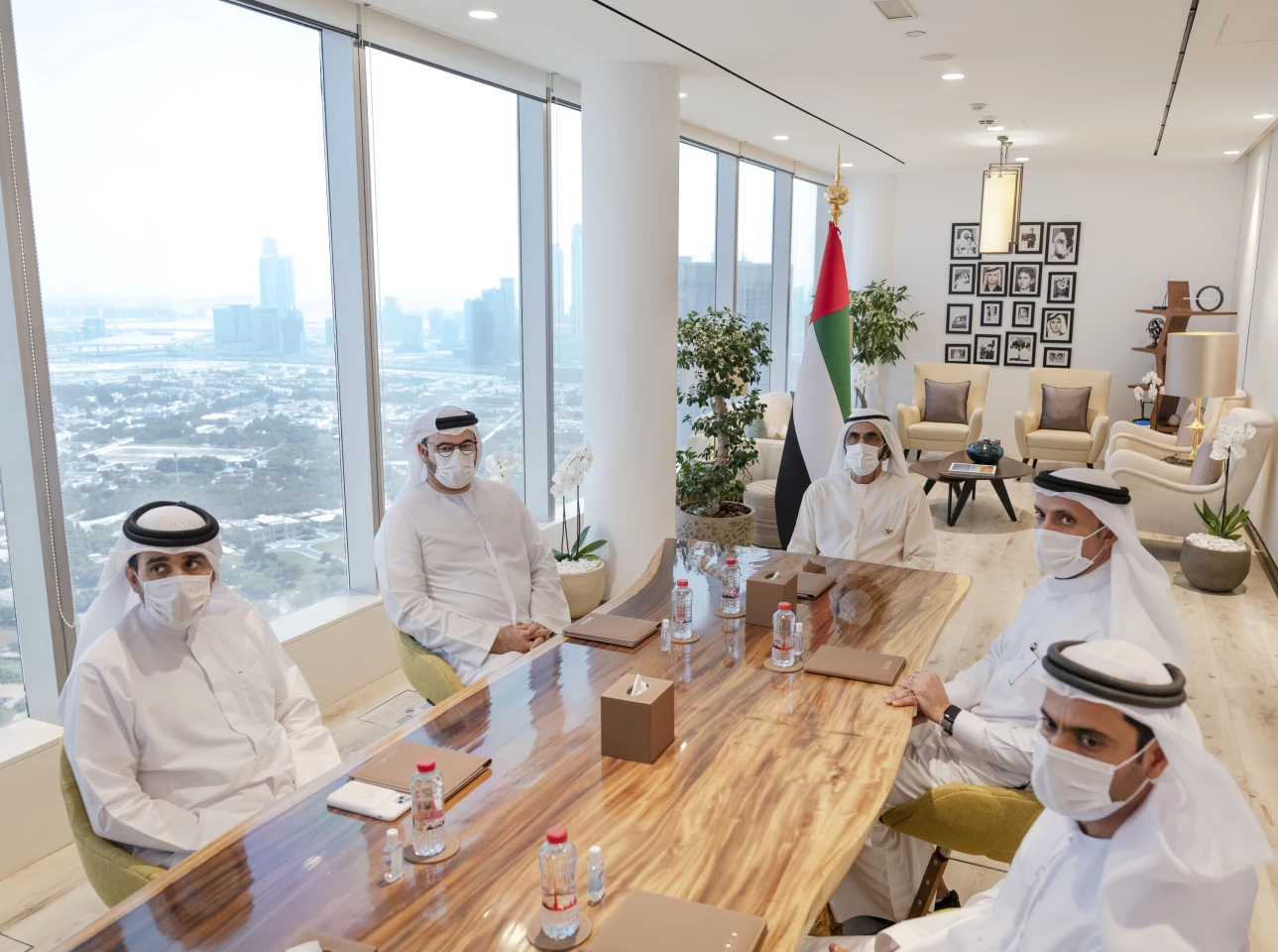The United Arab Emirates (UAE) has outlined a vision to become just the fourth nation to land on the lunar surface, announcing plans to develop and launch an Emirati-built rover by 2024. If successful, it will see the UAE become the first Arab country to reach the Moon, with mission planners hoping to gain a number of unique scientific insights about the natural satellite.
The mission was announced this week by the Prime Minister and ruler of Dubai, Sheikh Mohammed bin Rashid Al Maktoum. The spacecraft is to be built entirely by Emirati engineers and researchers and has been named the Rashid Lunar Rover, after the late Rashid bin Saeed Al Maktoum who ruled Dubai from 1958 until 1990.
The United States, the former Soviet Union and China have all landed on the lunar surface, and the UAE is set to join them if the program runs as planned. The design of the rover is expected to be finalized by 2021, with manufacturing to take place in 2022 followed by preliminary experiments and tests in 2023. All going well, the rover will be launched by 2024.
Among the scientific objectives of the mission are investigations of the lunar soil and thermal properties of the surface. The rover will also collect images and relay them back to Earth, and the mission will be used to test cutting-edge material science, robotics and mobility technologies.

"The Lunar Rover is expected to send back at least 1,000 images, including that of the Moon landing, surface images, night-time images of the Earth, thermal images, self-images, as well as navigation data, including flight time, surface topography data on the moon, inertial measurement unit data, temperatures, and energy consumption,” says Adnan AlRais, of the Mohammed bin Rashid Space Centre, (MBRSC).
The MBRSC has a number of space exploration programs in place, one of which involves its Hope Probe that is currently en route to Mars. Launched back in July, this was the nation’s first interplanetary mission, and is set to study the Martian atmosphere and help build a complete picture of its layers. It is hoped that these findings, along with those anticipated from the Rashid Lunar Rover, can inform future missions to explore Mars.
"The Emirates Lunar Mission paves the way for the realization of the Mars 2117 Programme’s strategy,” says AlRais. “The mission will provide us with answers and data that define the course of our mission to explore Mars and benefit humanity. We are aware that the project launching today is not an easy one and involves many challenges, but every risk to us is a learning opportunity. Developing local knowledge through practical projects is very important to us, because we are able to transform challenges to opportunities as our leaders have taught us."
Source: Emirates News Agency





